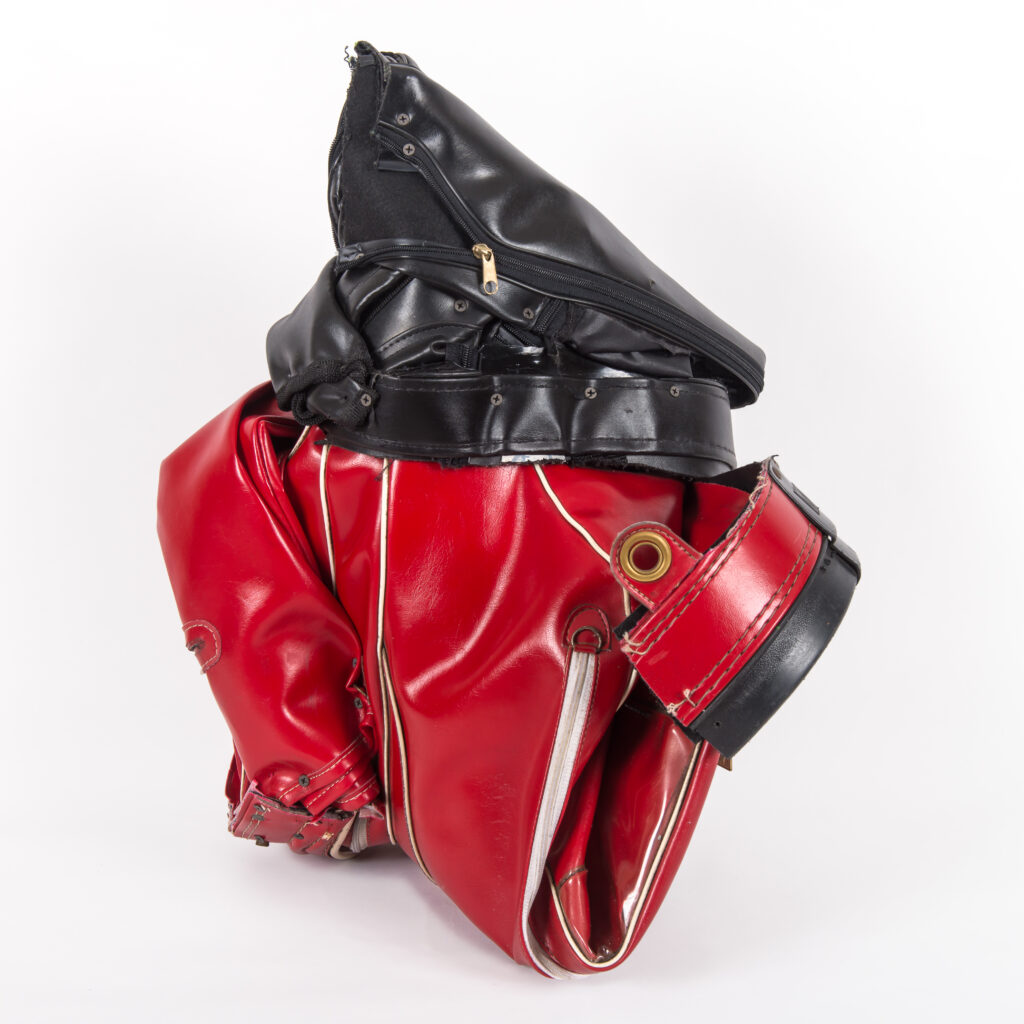It’s taught that the Buddha managed to live 28 years before encountering old age, sickness and death. Today, such a remove from distressing events is all but impossible to imagine.
Unsettling images are found everywhere; tucked among a stream of wedding and birth announcements, travel photographs, and restaurant reviews that unwind on social media; or the quick glimpse at a news outlet, bombarding us with horrific scenes, videos of people running from explosive discharges or flooding rivers, underscored by frantic announcements, dire bulletins, and wild speculation, packaged into the two minute news clip. Watching helplessly from a distance, we’re left to shudder and sigh, lean back in our chairs and wonder if there’s anything can we do to help or even understand what it all means.
All of which leaves us with little to do but sign petitions and shake our heads in dismay. (Only the boorishly political find easy answers amidst incomprehensible, faraway mayhem.) If the havoc occurs closer to home, we hold our breath and check in with those who live in the effected areas, wondering if they’ve survived the hurricanes, bombs, flooding or mass shootings. If we stumble upon a moment of clarity amidst the deluge of troubling and upsetting news, it means placing a call to someone we care about, forgiving those we haven’t forgiven, perhaps reconnecting with someone we’ve lost in the accumulation of life. As tame and insufficient as these responses may seem, what other recourse do we have?
Exposed to dramas with almost instantaneous speed, there are the intervening hours when culpability hasn’t been established, a scapegoat hasn’t been produced, and the task for the heart is to find some ease amidst the randomness and sheer insanity of carnage. Rather than follow the media’s rush to find fault for each event, we can learn to allow events to unfold without seeking meaning in facile political observations and premature guesswork. In e times when we can’t point a finger at anyone, we’re forced to simply sit with a deeper truth: Let the heart make sense of what the mind turns into a muddle.
Meanwhile, experience clarifies the wisdom of the Buddha’s teaching on equanimity (upekkha), that we cannot try to solve everyone’s suffering; knowing what is beyond our control frees us to help where we are most effective. This doesn’t mean we give up; if we can’t figure out how the help the ailing in distant locations, we can still pull out our shrink-wrapped hearts and open to the tragedies before us. Equanimity also balances the mind towards a sense of encouragement: Rather than wondering who’s to blame, we can reflect on all of those nameless people who rush towards catastrophes, who volunteer, who carry out bodies amidst the gunfire, earthquakes or toppled buildings, who offer support to the grieving, who counsel the shaken. And while the media may bury this, real news that’s worthy of reflection, it’s important to know when human misfortune and calamity arises, it will inevitably be greeted with courage and compassion.
While the human mind cannot address all of the horrors and barbarity of the average news hour—atrocities that we are utterly powerless to mitigate— the heart can hold far more than we ever imagined. Rather than leaving it on the shelf while we try to figure out what’s wrong with the world, we can soften and open to the heartbreak of the human endeavor, refusing to become impassive or indifferent to the suffering of others. We use the discomfort as a motivation to become involved, to help out, perhaps even right here and now.
This article originally appeared on Dharmapunxnyc.com.

